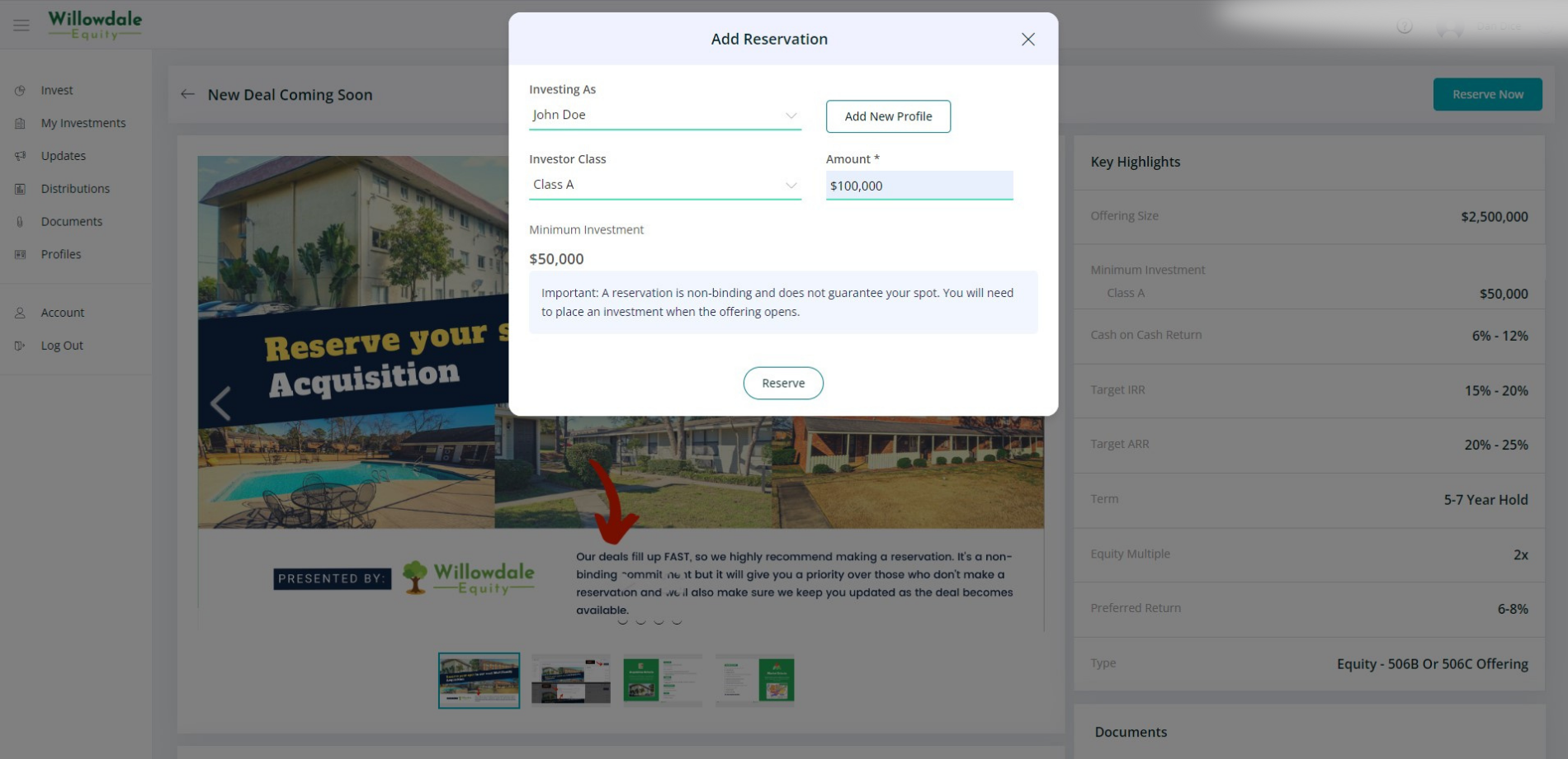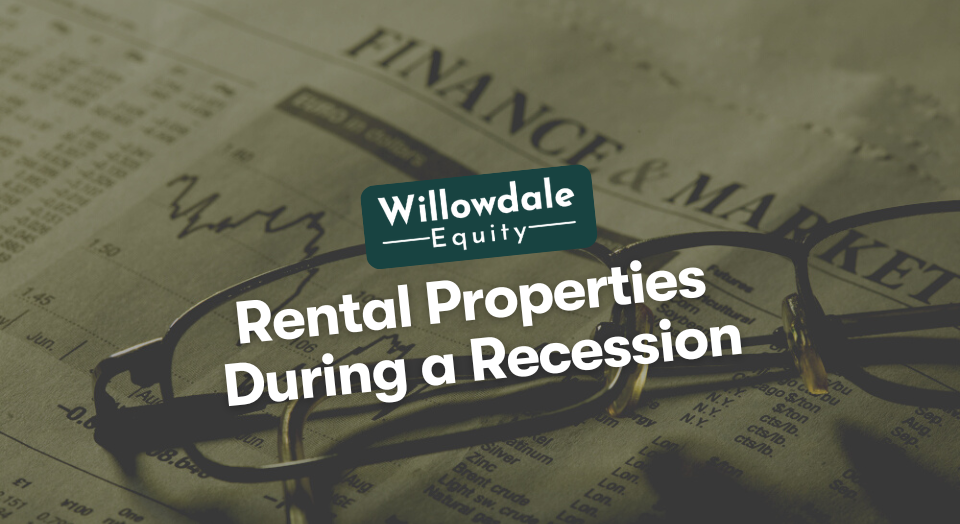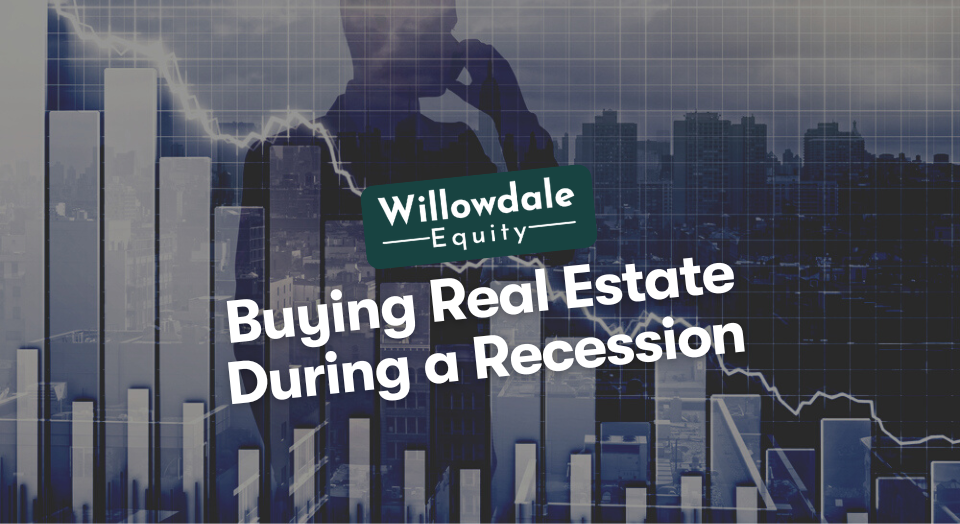
What is the Best Hedge Against Inflation? (2024 Version)
This article is part of our guide on buying real estate during a recession, available here.
Investors are becoming increasingly concerned about how inflation affects their holdings. Due to fears about this 40-year high inflation rate and the actions the Federal Reserve is taking to prevent it. Reviewing your holdings and determining whether it makes sense to incorporate some inflation hedges to soften the blow or even considerably get ahead is vital.
So, what is the best inflation-against hedge? There are a fair few of them. We’ll profile the three best inflation hedges to protect your investment portfolio against inflation.
Key Takeaways
-
Although inflation is a normal part of an economy, inflation hedging can prevent declining buying power by offsetting the predicted decline in the price of a currency.
-
Over the past 20 years, real estate has gained popularity as an excellent inflation hedge. Since property values typically rise in response to rising inflation, investing in multifamily real estate is a surefire way to stave off value erosion.
Grasping Inflation — What It Is?
Inflation calculates an economy’s growth rate over time by comparing the median price of a basket of commodities from one time to another. The “basket of goods” could include, to mention a few, consumer prices such as foodstuffs, petrol prices, house furniture, insurance premiums, etc.
Your “purchasing power” to buy these items reduces due to inflation rises, which also lowers the dollar’s value. The federal government uses the Consumer Price Index (CPI) to calculate inflation. But occasionally, economists utilize the personal consumption expenditures (PCE) measure of inflation and the producer’s pricing index (PPI).
Lower than 2.3% inflation is low. Between 2.3% and 3.3%, it is deemed moderate, while between 3.3% and 4.9%, it is considered high. Over 4.9% of inflation is regarded as extremely high.
Not all inflation is detrimental. Economists prefer a low, gradual increase in prices because it indicates a healthy economy: Businesses are creating, consumers are making purchases, and commerce, employment, and salaries are all on the rise. The US Federal Reserve currently aims for a 2% yearly average inflation.
However, inflation can be harmful because it can quickly erode your purchasing power. How does it do that? We will discuss that next.
An Example of the Erosion of Your Purchasing Power

The purchasing power of every individual is reduced by inflation. It means that losing purchasing power is inevitable during high inflationary periods. Because we all purchase different goods and services, everyone’s real inflation rate varies.
Furniture, airline tickets, hotel rates, and necessities like groceries and gas will cost you more if inflation increases. For instance, the price of a used car in 2021 increased by 29.7% over the previous year, while the cost of clothing increased by 5.6%. The cost of building and renovation materials is likewise exorbitant.
All of this implies that your salary increases at the same rate, which has not generally been the case for most people, and your monthly income will not go as far as it once did.
People with bank accounts with low-interest rates lose money during inflationary periods since their interest payments are gobbled up by the loss in the value of money. In fact, during inflation, the ROI that provides a fixed interest rate or rate of return will be reduced in real terms.
The best way to avoid this is to use a good inflation hedge. So, what inflation hedge provides the most significant protection against inflation? We look at that next.
What Is Best Hedge Against Inflation in 2024?
Over the past 20 years, real estate has gained popularity as an excellent inflation hedge. Since property values typically rise in response to rising inflation, investing in multifamily real estate is a surefire way to stave off value erosion.
Multifamily real estate is arguably the best option for using real estate investments to hedge against inflation. Due to its intrinsic value, scarcity, and yielding nature, multifamily real estate is typically an excellent inflation hedge.
Landlords can renew leases annually with their tenants and adjust rents annually to exceed and keep pace with inflation. Multifamily property owners can efficiently hedge against inflation by raising annual rentals by the yearly inflation rate.
And this is supplemented by additional benefits such as amortization of principle on the loan, forced appreciation, market appreciation, cash flow, and significant tax advantages along with the asset class.
However, multifamily real estate is not the only hedge against inflation. There are other helpful inflation hedges that you can employ as well. All the best ways to hedge against inflation are discussed next.
Good Read: The Relationship Between Hyperinflation & Real Estate
The Best Ways to Hedge against Inflation
Although inflation is a normal part of an economy, inflation hedging can prevent declining buying power by offsetting the predicted decline in the price of a currency.
Hedging against inflation can also aid in preserving an investment’s value. Even though certain assets could appear to offer a respectable return, if inflation is taken into account, they may be sold at a loss.
By developing asset classes that beat the market throughout an inflationary environment, a disciplined investor may prepare for inflation. Income seekers frequently choose conventional bonds, but they aren’t the only investment generating income.
So, what inflation hedge should you use to maintain or grow your wealth? Below are some tried and tested options:
1.) Multifamily Real Estate

Due to the lease structuring in multifamily being significantly better positioned to profit from an inflationary increase than other asset classes, multifamily is one of the finest real estate inflation hedges you can use today.
Multifamily leases can renew at six, nine, or twelve months, but other commercial real estate may have lease terms of five, seven, or even ten years. Additionally, when these leases renew, we have the chance to raise rent to reflect rising costs.
An entire multifamily property typically has a yearly turnover of about 100%. Should the Fed’s policies have the desired effects, this high frequency gives investors the chance to respond fast, raise rental rates, and protect themselves against high inflation.
Additionally, by timing lease expirations through the busiest spring and summer rental seasons, builders can incorporate even more flexibility in the multifamily complexes when you can typically increase rental rates during the year.
2.) Gold
Some believe gold to be overhyped because it doesn’t pay dividends or interest and performs poorly when the economy performs well. Most of the world’s central banks can depress the price of gold by selling some of its hoards. The “gold standard,” which was how nations valued their currencies, may be responsible for gold’s popularity. In 1933, the U.S. abandoned the gold standard and came back to it, then came back off it once again in 1971.
Nevertheless, investors who need to diversify their holdings or someone who is extremely risk averse may benefit from gold’s steadiness during a crisis.
Gold bars or coins are available if you wish to purchase actual gold, but they can be challenging to sell and dangerous to store. If they are gold-plated, have a commemorative or aesthetic design, or both, it can be challenging to estimate their value. Purchasing gold equities or mutual funds is an additional choice.
3.) Commodities
Commodities, including energy, food, and other necessities, are quickly gaining popularity as attractive inflation hedges. It makes sense when you consider that growing prices for goods and services relative to purchasing power are what fuel inflation.
The price of goods and the stock market values of the firms that supply them grow along with inflation. Therefore, investing in commodities like oil, gas, or food can be an excellent strategy to protect against inflation if you pick the right products and services at the onset.
4.) Alternative Investments
You can safeguard your funds from inflation by investing in stocks, but you must do your homework and choose the right companies to invest in. Remember that most businesses must raise their retail prices as inflation increases, so your investment should, in principle, stay up with inflation.
Another inflation hedge is floating-rate bonds. Treasury bonds typically provide a set payment for the bond’s duration, making them vulnerable to increases in inflation on their broadside. However, a floating rate bond, whose payoff increases in reaction to increases in interest rates brought on by rising inflation, is one strategy to counteract that effect.
ETFs or mutual funds, which are often on a wide range of these bonds, are one option to purchase. You will therefore receive some diversity in addition to inflation protection, which means your investment may benefit from lower risk.
Is the S&P 500 a Good Hedge Against Inflation?
Due to rising prices, consumer budgets are being squeezed harder than they have in the previous 40 years.
It also implies that investing in long-term funds in the stock market may be more crucial than ever for many individuals.
That’s because investing in stocks or treasury inflation-protected securities is an excellent method to beat inflation over the long term. The S&P 500 Index has an average yearly return of nearly 10%, greater than the 9.1% inflation rate of July 2022.
Frequently Asked Questions About What Are The Best Hedges Against Inflation
Consider investing in various commodities, such as lumber, oil, metals, gold, and agricultural products, which have done well throughout previous inflationary cycles.
Multifamily real estate is the #1 hedge against inflation. Over time, landlords generate a more significant rental income. It helps landlords by having their residents absorb some of that cost. Therefore, purchasing real estate as an investment is one of the best ways to guard an investment portfolio against inflation.
What is the Best Hedge against Inflation - Conclusion
For investors, inflation is a real risk because it may reduce the primary value of your investment. Ensure your assets are at least keeping up with inflation.
Some of your assets may be protected against inflation through inflation hedges. Join the Investors Club here at Willowdale Equity to get access to exclusive value-add multifamily real estate investment opportunities across the southeastern United States.
Sources:
- Business Insider, “How to hedge against inflation with investments that keep pace with rising prices”
- The Balance, “How to Hedge against Inflation”
- Forbes, “Hedging Against Inflation: What Can Multifamily Investors Expect?”
- Investopedia, “What Is the Gold Standard?”
The Willowdale Equity Investment Club is a private group of investors that are looking to passively grow their capital and share in all the tax benefits through multifamily real estate investments.






